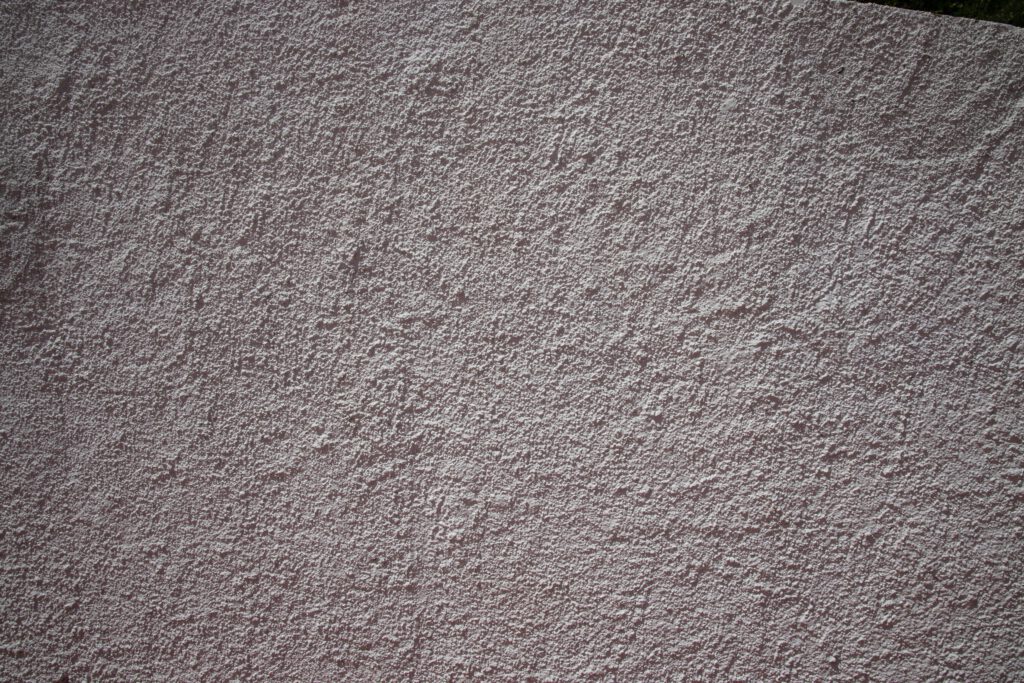Are concrete blocks made to be waterproof? What you need to know

Anyone who has worked with concrete knows that it is an extremely versatile building material. It has been used for centuries, and for good reason, as its strength and durability are recognised the world over. But what are the potential weaknesses of building with this material? What about concrete’s water resistance? Will concrete blocks stand the test of time when exposed to humid weather conditions?
The effects of water on concrete
At first glance, concrete may seem impenetrable, but in reality it is porous – conditions in which water can penetrate and make its way through the material.
However, concrete has a certain resistance to water. It can therefore absorb water, but it doesn’t break down easily and doesn’t corrode when exposed to moisture.
However, the intrinsic resistance of concrete to water has its significant role in its durability. Concrete’s ability to absorb water without breaking down or corroding is a key factor that makes it an ideal material for certain applications, especially in environments that are prone to moisture. This resistance is enhanced by the dense structure of concrete, which, when properly cured, forms a strong, cohesive matrix that repels water effectively.
This property of concrete is particularly relevant in the context of concrete safety barriers and even coast protection such as tetrapods. Safety barriers made of concrete are often used in areas where water exposure is a constant factor, such as in coastal regions or alongside rivers and canals. The concrete’s resistance to water ensures that these barriers maintain their structural integrity over time, even in the face of consistent moisture exposure.
Advantages of stackable concrete blocks
Then there are also cinder block molds, expertly constructed to withstand the elements. Good blocks are more compact and denser than conventional concrete blocks, which means they are also able to resist water better. What’s more, the seams between concrete blocks are better sealed, which minimises the risk of water ingress.
Protective measures
It’s safe to say that concrete blocks have some natural water resistance, but of course it can be improved. For example, by adding a sealant or waterproof coating to extend the life of the concrete and minimise the risk of water damage.
In short, with proper care and preventative measures, it can last for years, if not decades, even in high humidity conditions!


